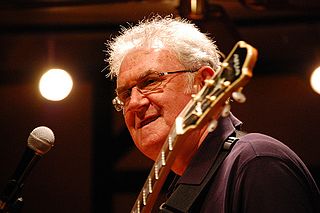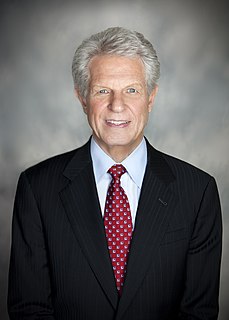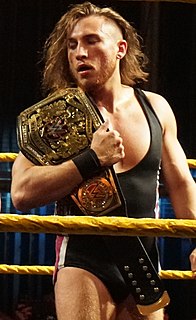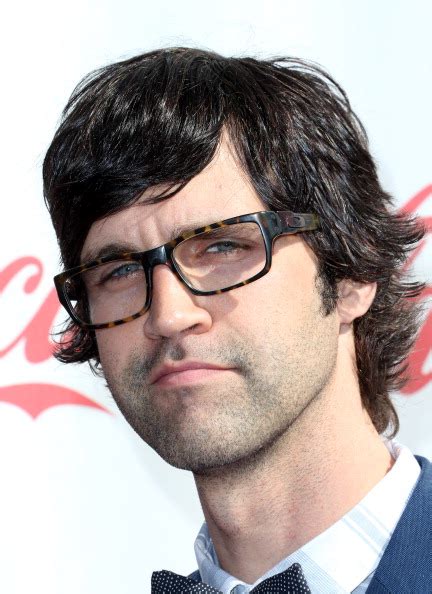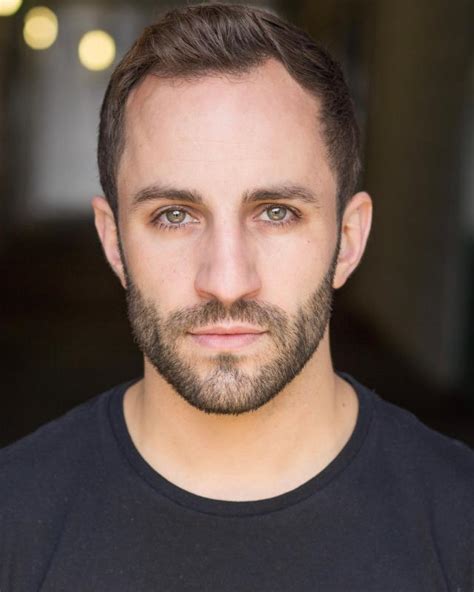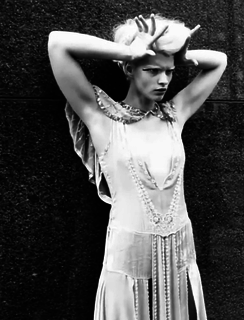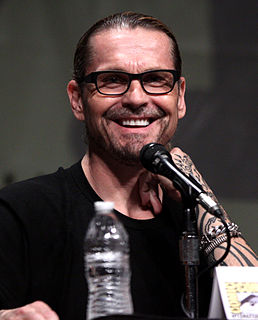A Quote by Michael Wolff
I have never heard the word brand used so often as I did around The Guardian. Brand was the magical word, particularly as it was uttered by Alan Rusbridger, that would transform the paper and the goal that everyone was working toward.
Related Quotes
Between the time I first started working in advertising in 1998 and now, the word brand has replaced identity. We are no longer individuals so much as we are brands. We're individual brands. Individuals are basically left to define their individuality by staying off the internet, which in and of itself can be a brand, the opting-out brand.
In daily practice, the word brand stands as a surrogate for the word reputation. In fact, your brand acts just like a person. When you know a person's reputation, you can predict his or her behavior. You know what that person is likely to do or say-or not do or say-in any given situation. Your brand works the same way.
The brand of the future...is patient, consistent, connected, and trusted. The new brand is based on the truth that only comes from experiencing the product, not just yelling about it. Word of mouth is more important (by a factor of 20) than TV advertising, and the remarkability word of mouth demands comes from what we experience, not from spin or taglines or a campaign slogan.


